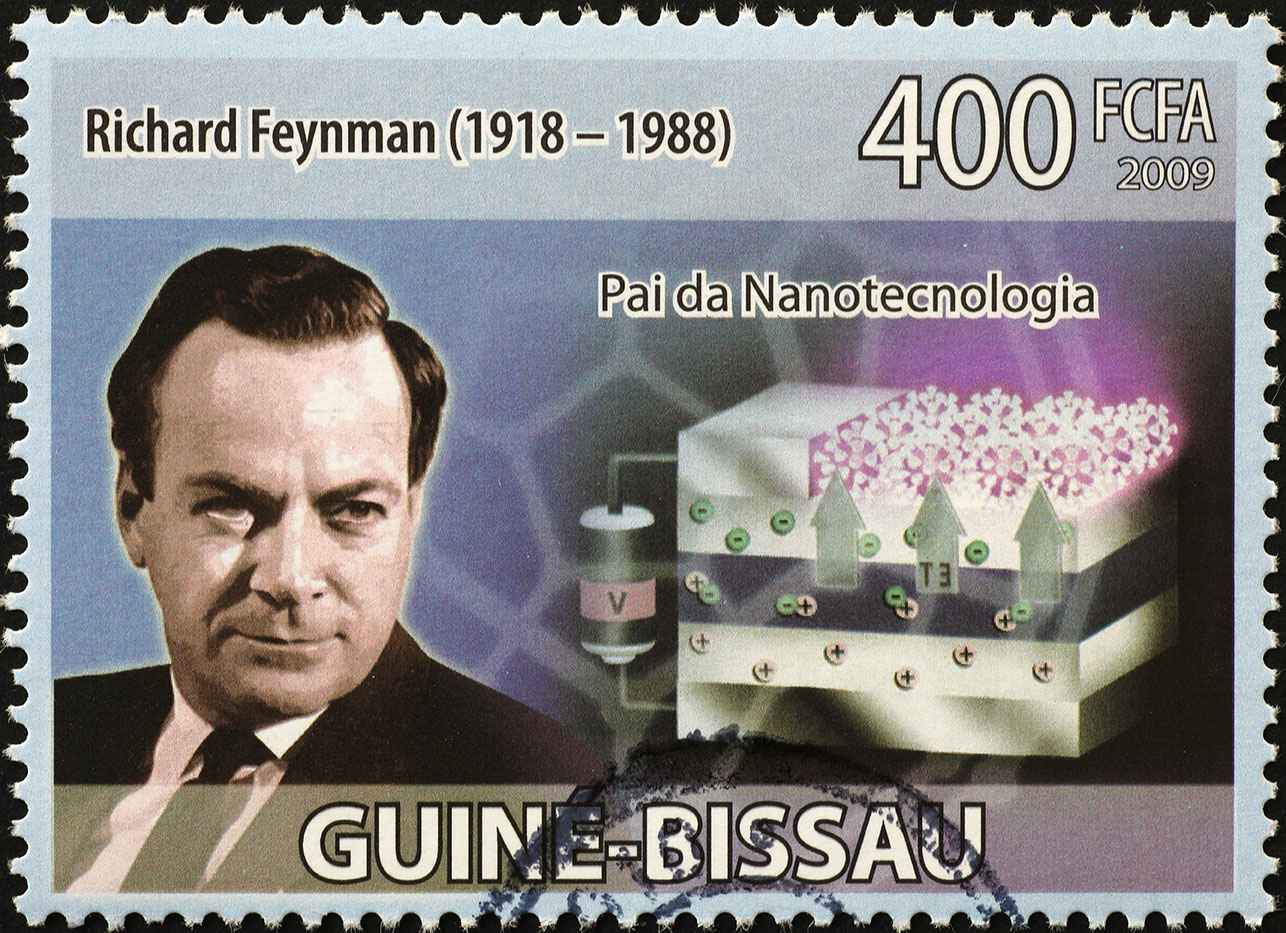
Richard Feynman
Definition
Richard Feynman was a Nobel Prize-winning physicist who made significant contributions to quantum mechanics, particle physics, and quantum electrodynamics. He was also a gifted communicator and educator, and his work has inspired generations of scientists.
Feynman was born in New York City in 1918. He showed an early aptitude for mathematics and science, and he attended Princeton University, where he graduated summa cum laude in 1939. After graduating from Princeton, Feynman worked on the Manhattan Project, where he helped develop the atomic bomb.
After the war, Feynman returned to Princeton and continued his research in quantum mechanics. He developed a new way of visualizing quantum interactions, called Feynman diagrams, which are still used by physicists today. In 1965, Feynman shared the Nobel Prize in Physics with Julian Schwinger and Shin'ichirō Tomonaga for their work on quantum electrodynamics.
Feynman was also a gifted communicator and educator. He wrote several books, including "The Feynman Lectures on Physics," which are still used by physics students today. He also gave many public lectures, where he talked about physics in a way that anyone could understand.
How can the word be used?
Richard Feynman was born on May 11, 1918, in New York City.

Different forms of the word
There is no word called "Richard Feynman". It is the name of a person.
Etymology
The name "Richard" is a Germanic name that means "brave power". The name "Feynman" is an English surname that means "man from the fens".
Question
What is Richard Feynman famous for?
AQA Science Exam Question and Answer
Question:
Explain the significance of Richard Feynman's contributions to the field of quantum mechanics and his approach to teaching science.
Answer:
Richard Feynman, a renowned physicist, made profound contributions to quantum mechanics that have shaped our understanding of the subatomic world. He formulated the path integral formulation, a mathematical framework to describe particle behaviour. Feynman diagrams, visual representations of particle interactions, revolutionised quantum field theory, aiding in calculations of complex processes. His "sum over histories" concept challenged traditional interpretations, highlighting the importance of all possible paths particles can take.
Feynman was equally influential as an educator. His unique teaching style, emphasising intuition and real-world analogies, made complex topics accessible. The "Feynman Technique," breaking down concepts to teach others and reinforce understanding, remains invaluable. Feynman's lectures, notably the Feynman Lectures on Physics, captured his engaging approach and remain influential educational resources.
In conclusion, Richard Feynman's dual impact on quantum mechanics and science education has left an indelible mark. His insights continue to guide modern physics, and his teaching philosophy inspires generations of learners to engage with the wonders of science.